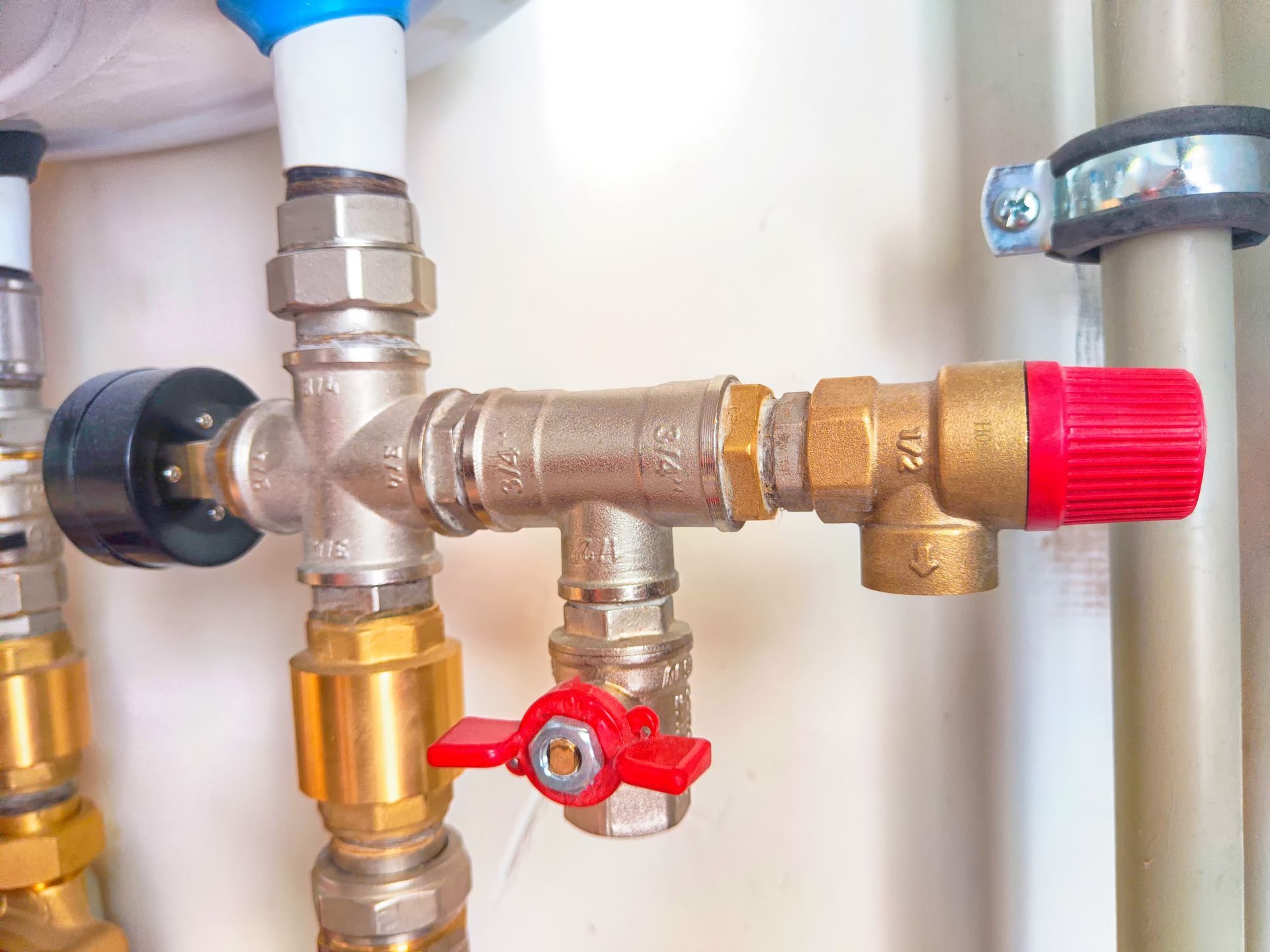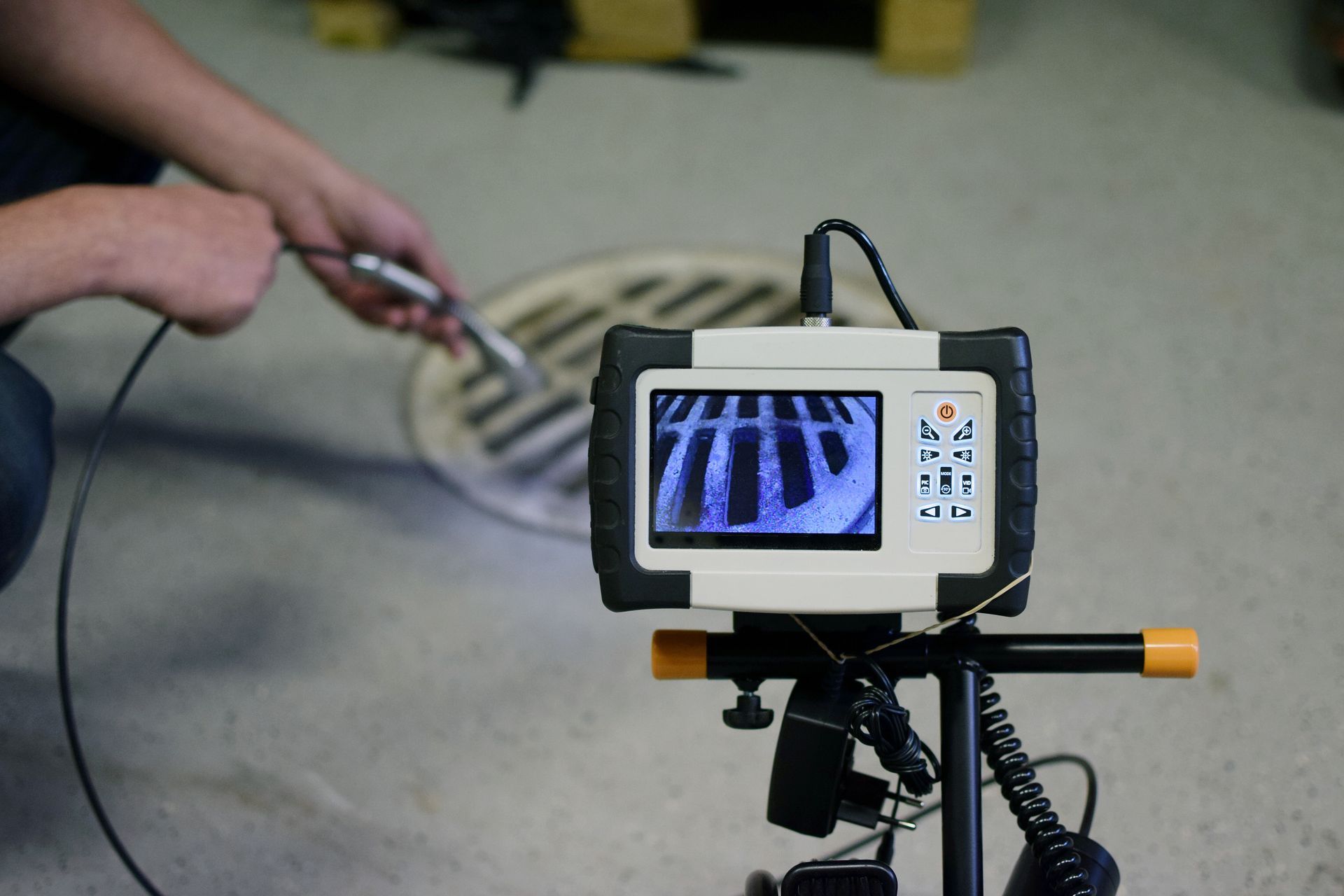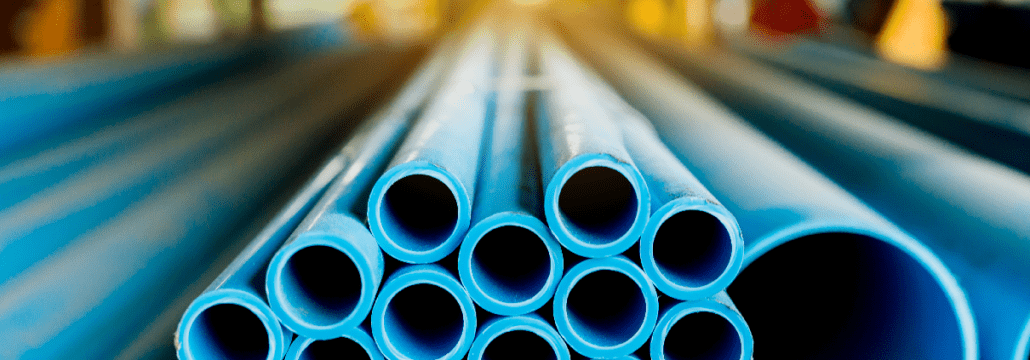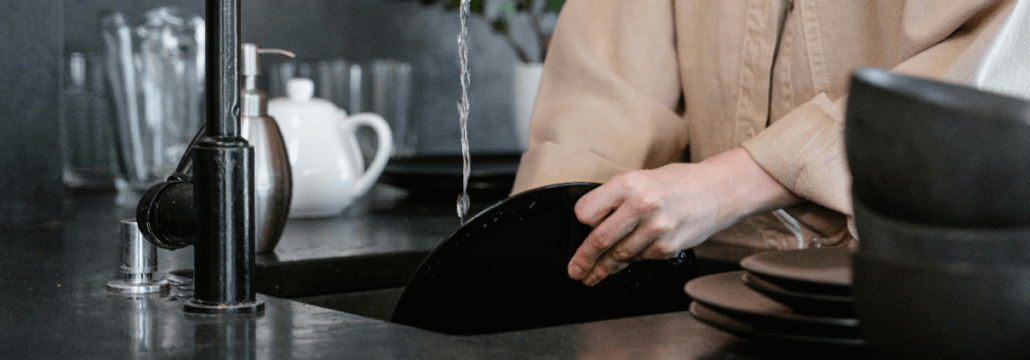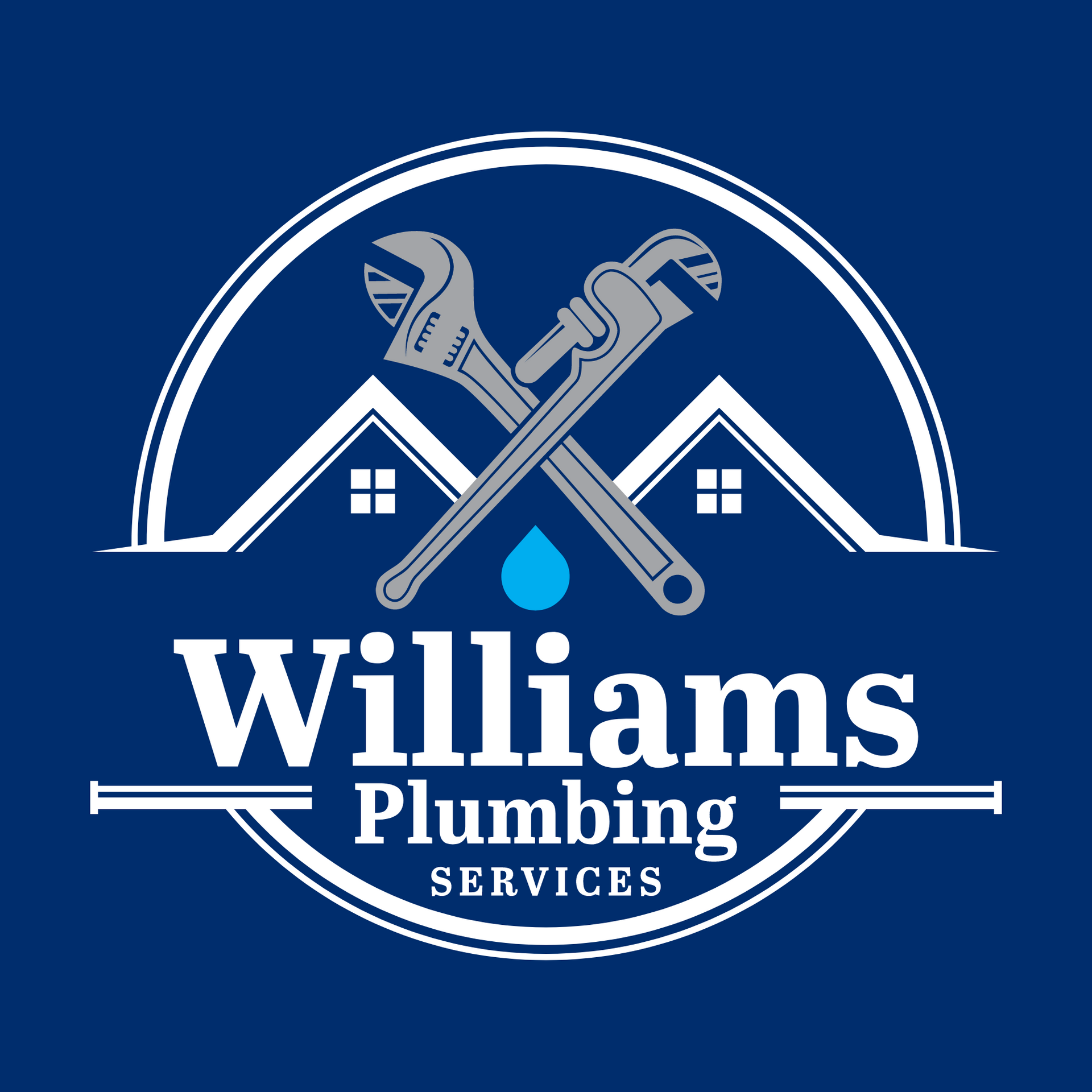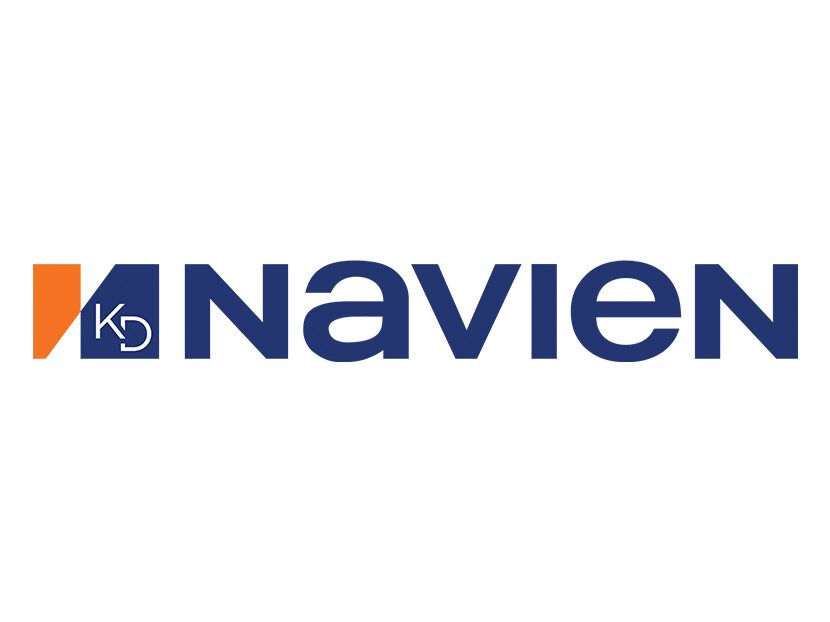10 Questions Every Home Buyer Should Ask
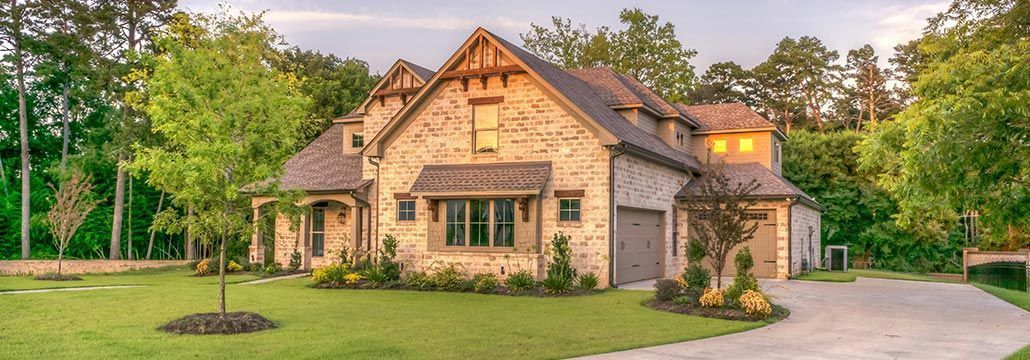
Each year, millions of Americans purchase a home. Whether out of necessity or for the sake of fulfillment, buying a home is a major undertaking—one that can have a significant impact on your long-term stress levels and financial well-being.
Knowledge is Power
When searching for a home, it’s important to remember that behind-the-scenes operations (such as the plumbing system) contribute just as much to a home’s practicality and comfort as features such as size or location. And while it might be tempting to leave analysis of these systems entirely up to the home inspector, it’s never a bad idea to have a few questions prepared.
Whether you’re a first-time home buyer or an empty-nester looking to downsize, it’s important to be as informed as possible before closing the deal. That’s why we at Williams Plumbing have compiled a list of 10 questions you should ask your realtor or inspector, so you can be confident in your purchase and comfortable in your new home.
10 Plumbing Questions to Ask Your Realtor or Inspector
- Does the home have high water pressure? High water pressure can be indicative of other issues, and if the water pressure has been over the optimal limit for an extended period of time, it is likely to have caused damage to the plumbing system as a whole.
- What material are the water lines made of? If you’re considering an older home, there’s a good chance the water lines are made of cast iron or galvanized pipe. These materials are not only more susceptible to damage than PVC or PEX pipe, they are also prone to rust and corrosion, which, aside from causing more hiccups in your plumbing system, can also mean that heavy metals are leaching into your water supply.
- How old is the water heater? With proper care and maintenance, the lifespan of a tank-style water heater is typically 10 to 15 years, and the lifespan of a tankless water heater is typically 15 to 20 years. Inquiring about the type of water heater in a home and its age and condition can help provide a clear expectation of post-sale expenses.
- Does the home have a water softener? Water softeners remove minerals such as calcium and magnesium from your water, thus helping to prevent build up in your pipes and appliances, and improving overall water quality in your home. The absence of a water softener could indicate a shorter lifespan for your appliances, and more wear and tear on your plumbing system in general.
- Does the home have a separate meter for irrigation? If curb appeal is high on your priority list, a separate meter for irrigation (or lack thereof) is definitely something worth considering when buying a home. A separate irrigation meter means more accurate measurements of water usage and a separate shutoff, meaning lower water bills and the ability to turn off the water supply to your irrigation system without affecting that of your home’s.
- Is the home on septic or sewer? Most of us don’t give much thought as to whether a home is on septic or sewer, but this information is crucial when deciding whether or not to buy a home. Both systems have their pros and cons, and it’s important to know what to expect.
- If the home is on septic, when was the tank last pumped? Generally speaking, septic tanks need to be pumped every 3 to 5 years. This may vary depending on the size of the tank and amount of water usage. Pumping a septic tank can cost hundreds of dollars, and it’s the last thing you want to be worrying about while settling into your new home.
- If the home is on sewer, what material is the sewer pipe made of? Though often more convenient than a septic system, sewer systems still need maintenance from time to time. Many homes may have sewer lines made of cast iron or clay pipe, which are more brittle and susceptible to damage than PVC pipe.
- Has the sewer pipe ever had a camera inspection? Camera inspections can expose potential issues with sewer pipes. Leaks, tree roots, blockages, and just normal wear and tear can all be exposed with a camera inspection.
- Is the basement or crawl space prone to flooding? No one wants a soggy basement or crawl space. Aside from the increased potential for mold, mildew, and bad smells, a flood-prone property can indicate plumbing issues to come, such as slow drains and an increased risk for backups.
Wherever you live, plumbing problems are inevitable, but knowing the right questions to ask can help you make informed decisions that can help you save a lot of time, money and hassle in the long-run.
Call Before You Close
Buying a home is a big step—hardly a decision to make lightly! If you need clarification or a second opinion on a home inspection, Williams Plumbing Services will be happy to help any way we can.
Call: 423-883-1490
Areas We Serve
Tennessee: Chattanooga, East Ridge, Lookout Mountain, South Pittsburg, Whitwell, Signal Mountain, Soddy-Daisy, Birchwood, Cleveland, Ooltewah, Apison
Georgia: Ringgold, Tunnel Hill, Lafayette, Rock Spring, Chickamauga, Trenton
